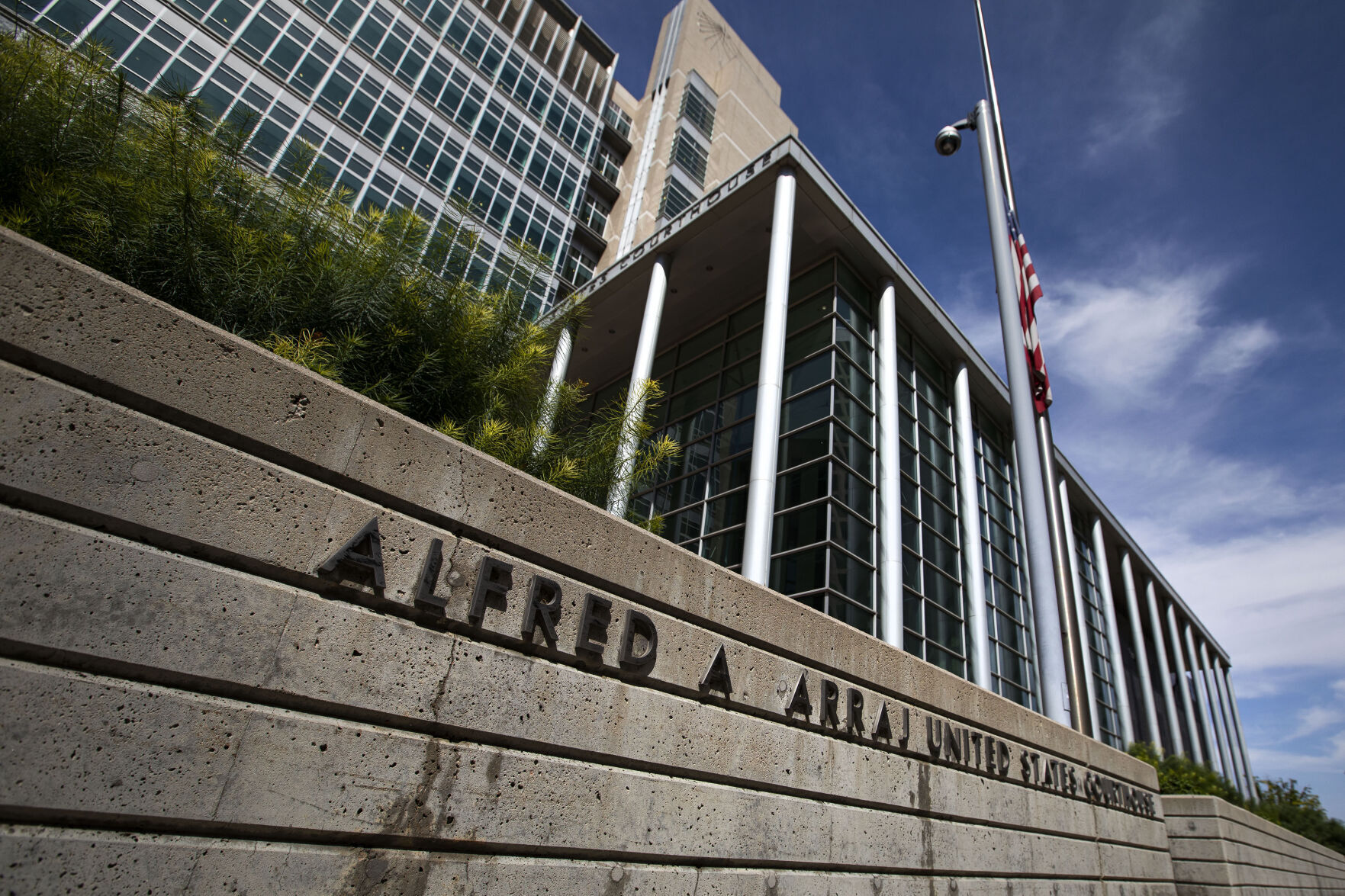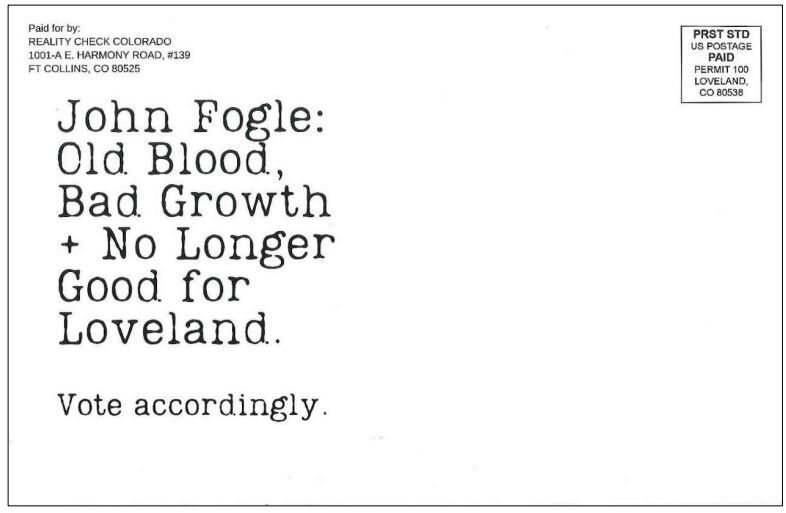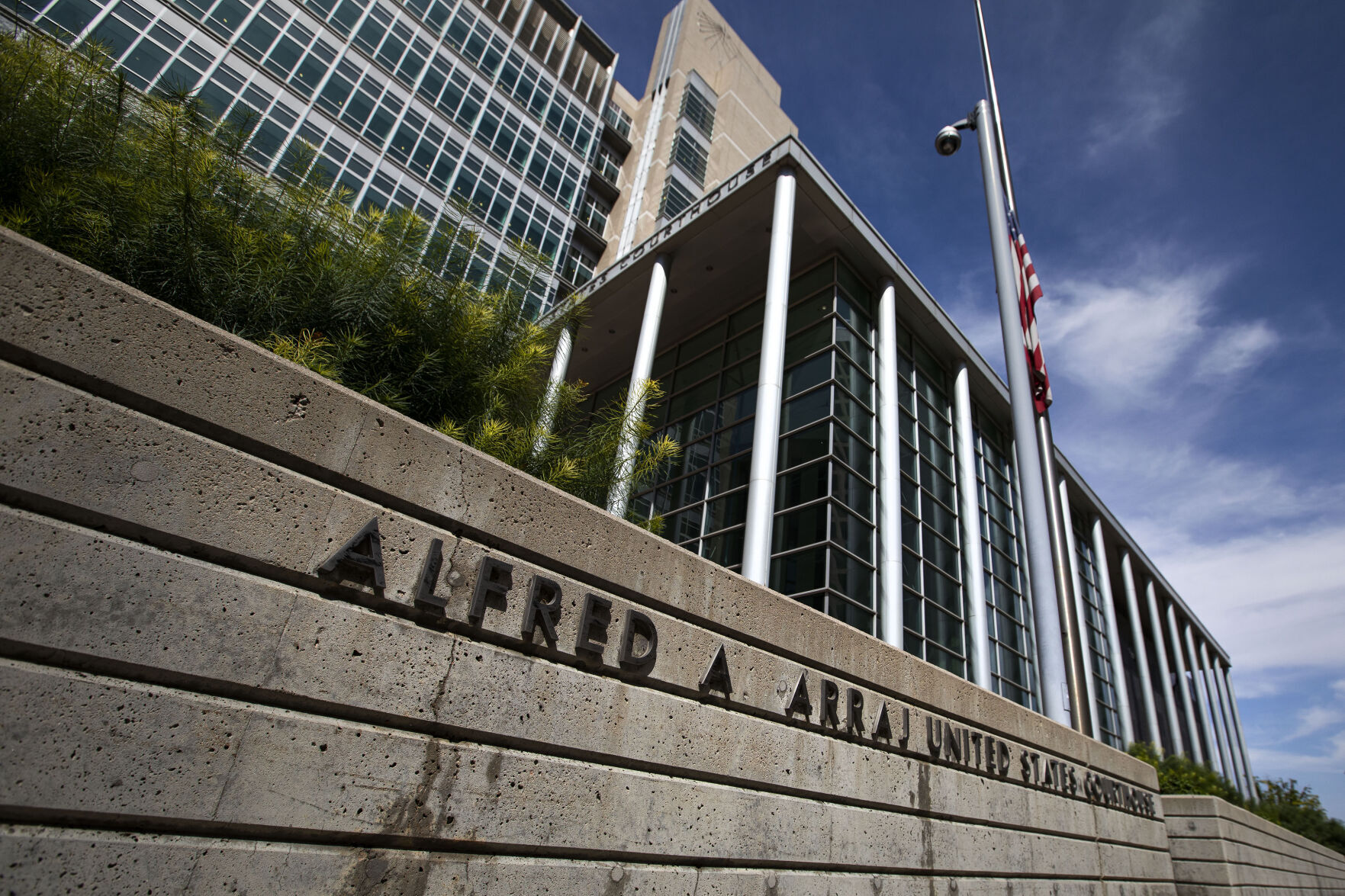Federal judge finds Loveland did not violate company’s constitutional rights over political mailer

Loveland officials did not violate the constitutional rights of a sales and consulting firm by attempting to enforce its regulations on campaign spending during the 2019 municipal election, a federal judge ruled last month.
The city prosecuted Bloomstruck LLC after its owner, Natalie Petersen, received $2,000 to design and mail a postcard critical of Councilor John Fogle at the behest of the local Democratic Party. Petersen did not abide by the Loveland charter’s requirement that political committees report their expenditures to the city – nor did she believe she had to.
Although Loveland eventually dismissed the municipal charges, Petersen and Bloomstruck sued the city clerk and city attorney, alleging they retaliated against the company for its political speech, lacked probable cause of a charter violation and failed to adopt procedural safeguards in the prosecution.
In an April 20 order, U.S. District Court Judge Nina Y. Wang sided with Loveland. Even if Bloomstruck did not actually fit the charter’s definition of a political committee, the defendants knew Petersen’s company had received money to send a postcard with a political message and did not report it to the city. Therefore, officials had probable cause of an infraction.
“Bloomstruck has not directed the Court to any evidence,” Wang wrote, that “they were aware that it was a ‘legal impossibility’ for Bloomstruck to be charged as a political committee under the Charter.”
In early October 2019, Gil Barela, then the chair of the Larimer County Democrats, approached Petersen about designing a postcard to send to Ward III households before the election. The postcard would depict Fogle as an octopus on one side and the words “No Longer Good for Loveland” on the other. Barela reportedly wanted voters to see “this candidate wasn’t the guy we wanted.”
The cost to Bloomstruck for designing and mailing the postcards was $2,000, which Barela obtained from local attorney Troy D. Krenning. The postcard informed recipients that “Reality Check Colorado” paid for it. Reality Check was actually an alias for Bloomstruck, as Petersen “didn’t want” her home address or name on the card.


Later that month, then-city clerk Patty Garcia emailed Bloomstruck to note the charter requires political committees to register with the city and report their contributions and expenditures. A lawyer for Bloomstruck responded that Reality Check Colorado “will not be providing any information to the City of Loveland as it does not believe it is required to.”
Garcia then raised the potential charter violation to city manager Stephen C. Adams. Although Petersen did report her spending to the state, Loveland brought charges in municipal court for violating the charter’s requirements. Jail time was a possibility, but the city insisted it was only seeking Bloomstruck’s compliance with the charter.
After a jury acquitted Krenning’s law office in a similar case stemming from the $2,000 donation, the city moved to dismiss the charges against Bloomstruck – which Bloomstruck opposed because it wanted to expose the “fraud” perpetrated by the city.
Petersen and Bloomstruck then sued Patti Garcia, city attorney Moses Garcia, and former deputy city attorney Alicia Calderón. Specifically, the plaintiffs argued Bloomstruck was organized well before Petersen was even in Colorado, so it could not be a political committee “for the purpose” of making campaign expenditures.
“Where it is legally impossible for a (company) to have committed the offenses charged, there can be no probable cause to support a prosecution,” wrote Krenning, who represented the plaintiffs. He added that the city’s actions chilled Petersen’s political speech and caused a “loss of reputation.”
The city countered that, given Bloomstruck’s election spending and its refusal to report its activities, a reasonable prosecutor would have believed a charter violation was occurring.
“It is undisputed that Defendants had legitimate reasons to pursue the charges, and the Postcard’s content was not the cause,” wrote attorney Ashley Hernandez-Schlagel.
Wang, in her order, first noted Petersen had no standing to sue. The city’s charges were only against Bloomstruck, and the direct harm from a wrongful prosecution would have fallen on the company. As for Bloomstruck’s malicious prosecution claim, Wang believed no reasonable jury would conclude the city lacked probable cause of a charter violation, given what it knew about the election mailing.
“This case differs from the majority of malicious prosecution cases,” Wang added, “which typically involve an arrested individual defendant and a judicial determination of probable cause.”
Because the city had probable cause, it could not be the case that the government retaliated against Bloomstruck because of its speech, Wang continued in rejecting the plaintiffs’ First Amendment claim. Finally, while Bloomstruck alleged the city failed to adopt “an appropriate level of process” for handling the alleged charter violation, Wang saw no evidence Loveland officials deviated from standard procedure.
The case is Petersen et al. v. Garcia et al.














